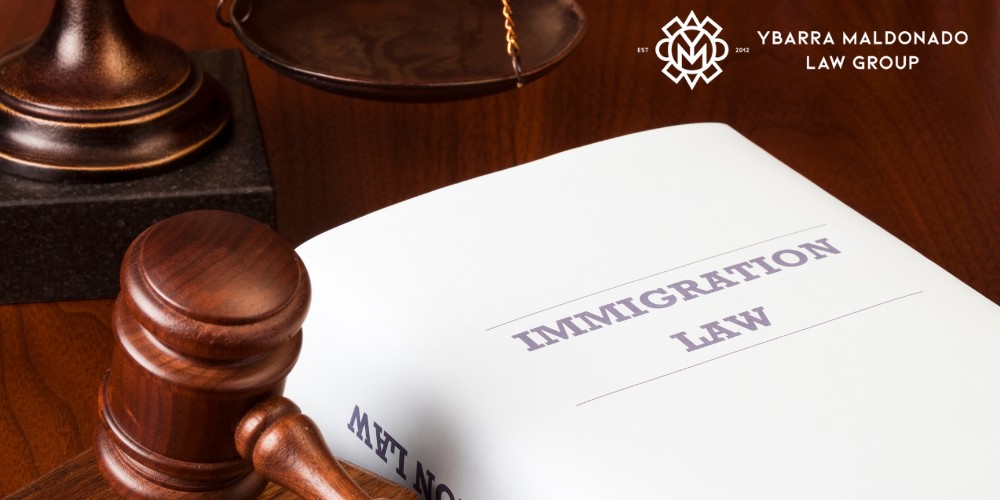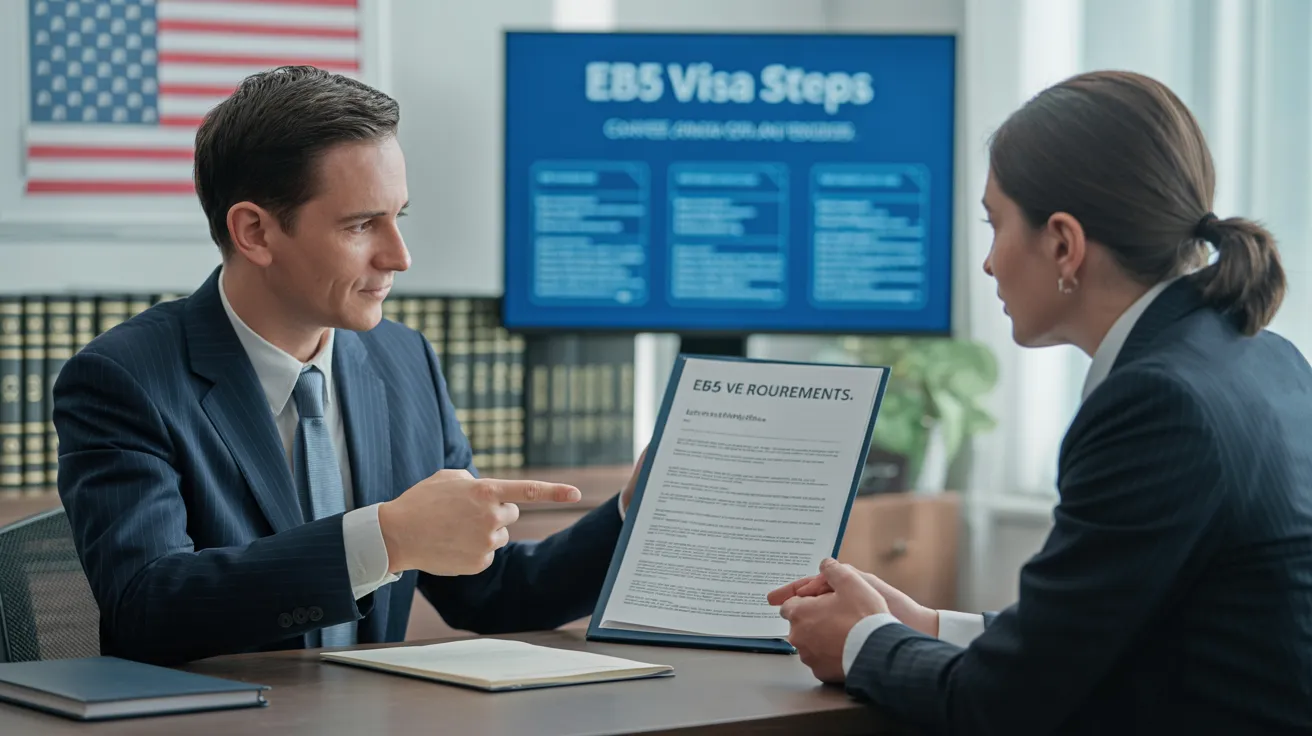The 6-Minute Rule for L1 Visa
Table of ContentsThe Of L1 VisaGetting The L1 copyright WorkAbout L1 VisaExcitement About L1 VisaSome Ideas on L1 Visa You Need To KnowL1 Visa Things To Know Before You Buy
Offered from ProQuest Dissertations & Theses Global; Social Scientific Research Premium Collection. (2074816399). (PDF). Congress. (PDF). DHS Workplace of the Examiner General. (PDF). (PDF). "Nonimmigrant Visa Statistics". Retrieved 2023-03-26. Division of Homeland Protection Workplace of the Examiner General, "Review of Susceptabilities and Potential Misuses of the L-1 Visa Program," "A Mainframe-Size Visa Technicality".
United State Division of State. Retrieved 2023-02-08. Tamen, Joan Fleischer (August 10, 2013).
The Buzz on L1 Visa
In order to be eligible for the L-1 visa, the international business abroad where the Beneficiary was employed and the U.S. company need to have a qualifying partnership at the time of the transfer. The different kinds of qualifying connections are: 1. Parent-Subsidiary: The Parent suggests a firm, firm, or various other legal entity which has subsidiaries that it possesses and regulates."Subsidiary" indicates a firm, corporation, or various other lawful entity of which a parent has, directly or indirectly, more than 50% of the entity, OR possesses less than 50% yet has administration control of the entity.
Business A possesses 100% of the shares of Business B.Company A is the Moms And Dad and Business B is a subsidiary. There is a certifying partnership between the two companies and Firm B must be able to sponsor the Beneficiary.
Business An owns 40% of Firm B. The staying 60% is possessed and controlled by Company C, which has no connection to Business A.Since Firm A and B do not have a parent-subsidiary relationship, Company A can not sponsor the Recipient for L-1.
Example 3: Firm A is integrated in the united state and intends to request the Beneficiary. Company B is included in Indonesia and uses the Beneficiary. Firm A possesses 40% of Business B. The remaining 60% is owned by Firm C, which has no connection to Business A. Nevertheless, Firm A, by official contract, controls and full takes care of Business B.Since Company A possesses much less than 50% of Company B yet manages and regulates the firm, there is a qualifying parent-subsidiary connection and Firm A can fund the Recipient for L-1.
Some Known Factual Statements About L1 Visa
Affiliate: An associate is 1 of 2 subsidiaries thar are both possessed and managed by the very same parent or individual, or had and regulated by the very same team of individuals, in essentially the exact same proportions. a. Instance 1: Company A is integrated in Ghana and utilizes the Recipient. Company B is integrated in the united state
Company C, also integrated in Ghana, has 100% of Firm A and 100% of Company B.Therefore, Firm A and Company B are "associates" or sister business and a certifying partnership exists in between both firms. Business B must be able to fund the Beneficiary. b. Instance 2: Company A is integrated in the united state
Company A is 60% had by Mrs. Smith, 20% possessed by Mr. Doe, and 20% owned by Ms. Brown. Business B is incorporated in Colombia and currently utilizes the Recipient. Firm B is 65% had by Mrs. Smith, 15% had by Mr. Doe, and 20% possessed by Ms. Brown. Company A and Business B are associates and have a certifying connection in 2 different ways: Mrs.
The L-1 visa is an employment-based visa classification developed by Congress in 1970, enabling multinational firms to transfer their supervisors, execs, or essential personnel contact us to their united state operations. It is commonly referred to as the intracompany transferee visa. There are 2 main kinds of L-1 visas: L-1A and L-1B. These types appropriate for workers employed in different settings within a company.

In addition, the beneficiary needs to have functioned in a managerial, exec, or specialized staff member placement for one year within the 3 years preceding the L-1A application in the foreign company. For new office applications, foreign work should have been in a managerial or executive capability if the recipient is coming to the United States to function as a supervisor or executive.
The Best Guide To L1 Visa

If given for a united state company functional for greater than one year, the preliminary L-1B visa is for approximately three years and can be prolonged for explore your L1 Visa an additional two years (L1 Visa). Alternatively, if the U.S. firm is newly developed or has been functional for less than one year, the first L-1B visa is issued for one year, with extensions offered in two-year increments
The L-1 visa is an employment-based visa category established by Congress in 1970, enabling international firms to transfer their managers, executives, or crucial employees to their U.S. operations. It is generally referred to as the intracompany transferee visa. There are two major types of L-1 visas: L-1A and L-1B. These kinds are suitable for workers hired in different settings within a firm.
The smart Trick of L1 Visa That Nobody is Talking About
Furthermore, the recipient must have worked in a managerial, executive, or specialized employee placement for one year within the 3 years coming before the L-1A application in the international company. For new workplace applications, foreign work must have been in a managerial or executive capacity if the beneficiary is coming to the USA to function as a manager or exec.
for approximately 7 years to supervise the operations of the united state affiliate as an executive or manager. If provided for an U.S. company that has been operational for greater than one year, the L-1A visa is originally provided for up to 3 years and can be extended in two-year increments.
If provided for an U.S. business functional for greater than one year, the preliminary L-1B visa is for up to three years and can be extended for an extra 2 years. Alternatively, if the U.S. company is recently developed or has actually been functional for less than one year, the first L-1B visa is provided for one year, with extensions readily available in two-year increments.